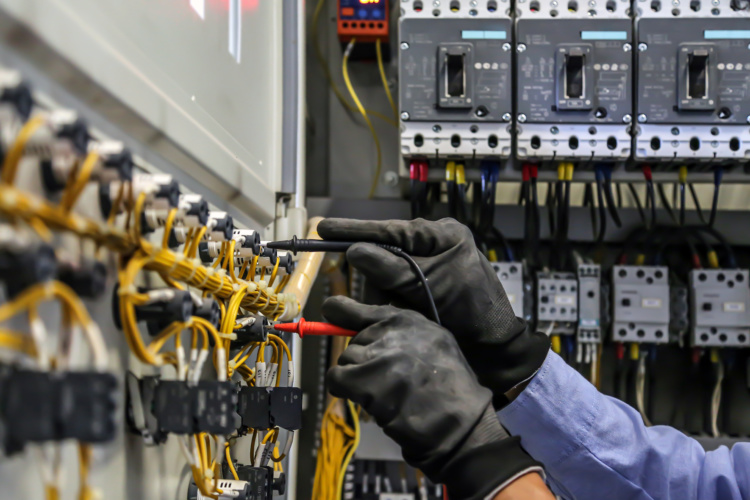
The organisation claims that UK manufacturers are failing to recognise the risks posed by critical ageing electrical energy assets, warning that failure of unmaintained legacy electrical systems could interrupt operations, incur costs and even risk lives.
“Critical electrical power equipment, which has accumulated over decades, forms a significant backbone of today’s manufacturing industry,” said Toby Horne, senior lead for Siemens Energy Resilience. “Interspersed throughout the country, these engineering assets have been added to, adapted, maintained and repaired or replaced over time; all are at various stages and states of health in a sprawling complicated picture of electrical systems.”
CLICK HERE TO DOWNLOAD A COPY OF SIEMENS' ENERGY RESILIENCE WHITEPAPER
Horne added that whilst many businesses are not aware of whether their systems can handle even greater demands, others are simultaneously grappling with an energy transition that is adding supply diversification, on-site energy production and decarbonisation targets to their sites – posing additional risks, more points of failure and ever more pressure.
The prospect of imminent power infrastructure failure is ‘real’
“The prospect of imminent power infrastructure failure is ‘real’,” he said. “There are approximately 65,000 panels of Siemens Reyrolle brand switchgear installed in UK industries, of which 70% predate the 1970’s. All continue to underpin critical power systems and remain fully supported by Siemens. There are also, as many, other similarly-aged assets from different manufacturers and, if not maintained correctly, all could potentially fail and create challenges.”
In response to these challenges Horne said that Siemens is advocating a smarter, more sustainable way to manage energy resilience that will provide better insulation against these dangers.
He explained that this approach, branded “Resilience-as-a-Service”, can be used scrutinise the ‘vital signs’ of a business’ electrical estate from every conceivable angle.
The approach begins with a so-called risk identification process, during which experts will perform a thorough audit to identify the risks associated with all the installed electrical equipment at the manufacturer.
The next step, risk management, involves the proactive management of electrical assets and maintenance of its health to mitigate risk, whilst a final stage, Efficient Issue Resolution, grants access to global parts sourcing and world-leading capabilities to help resolve issues faster, repair assets on site and understand the optimum pathways for the power estate.
“Manufacturing is one of the most energy-intensive industries,” said Horne. “There is an impression that many are sleepwalking into potential danger, not wholly aware of the risks. A resilience strategy helps to save time, stress and strain. UK manufacturers must embrace the concept and make it their own personal responsibility to prepare for the energy challenges of today and tomorrow.”




Nanogenerator consumes CO2 to generate electricity
Whoopee, they've solved how to keep a light on but not a lot else.